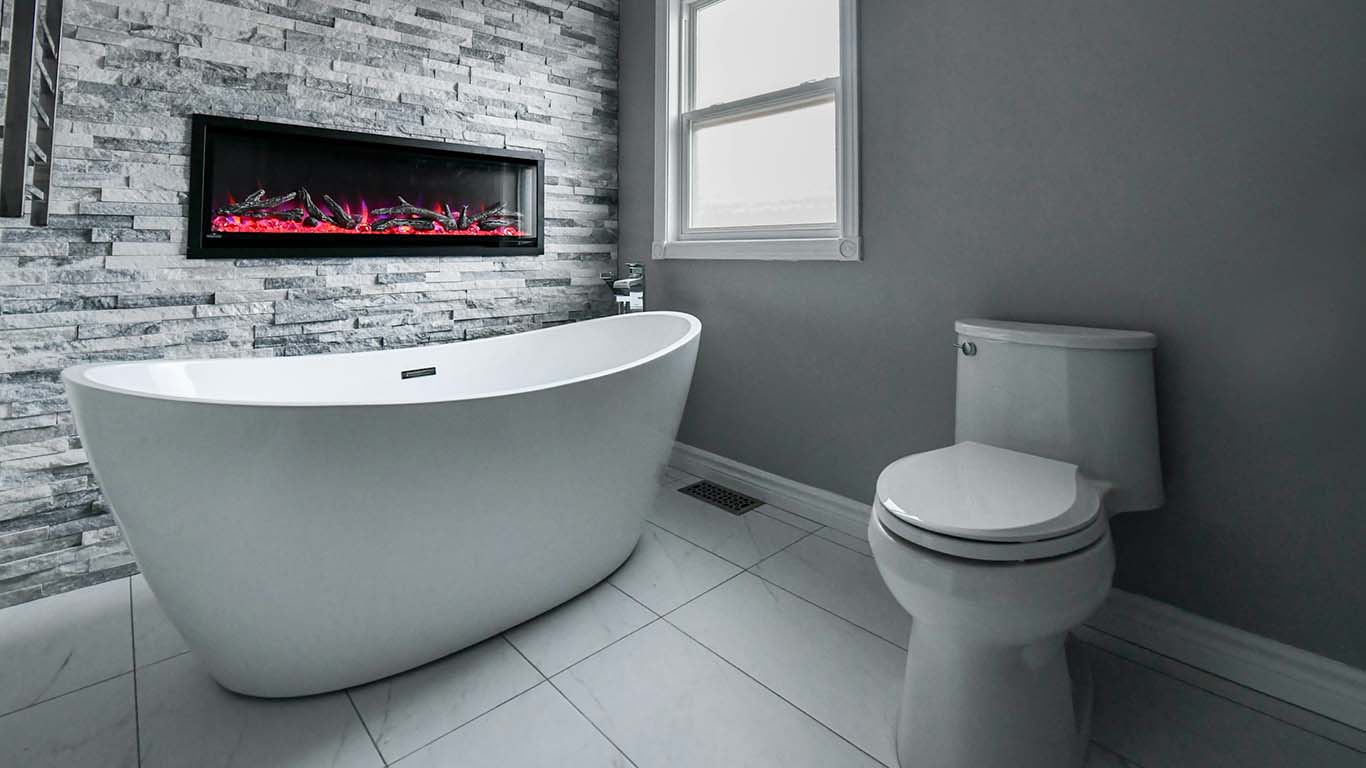Are you trying to decide whether or not to send your child to a Muslim school? If so, you may be wondering what the benefits are. Here are seven reasons why sending your child to a Muslim academy school may be the best decision you can make:
1. Muslim schools teach the Quran and Islamic values, which are important for children to learn
Muslim schools, or Muslim academies, are private Islamic schools that teach the Quran and Islamic values. They usually also include regular academic subjects such as math, science, and English. Muslim academies are important for children to learn because they help them develop a strong understanding of their faith. In addition, Muslim schools provide an environment where children can interact with others who share their beliefs. This can be beneficial for children who might feel isolated in a public school setting. Muslim academies also teach children how to be good Muslim citizens. This includes teaching them the importance of prayer, charity, and service to the community. Muslim academies help to instill these values in children at an early age, which can lead to a more tolerant and compassionate society overall.
2. Muslim schools provide a safe and secure learning environment for children
One of the main concerns of parents is finding a safe and secure learning environment for their children. Muslim schools offer a safe haven for children to learn and grow. These schools are often located in areas where there is a large Muslim population. This means that there is less chance of children being exposed to violence or other negative influences. In addition, Muslim schools are often geared toward providing a nurturing and supportive environment for children. This can be beneficial for children who may not feel comfortable in a public school setting.
3. Muslim schools have high academic standards and prepare students for college
Muslim schools have high academic standards and offer a rigorous curriculum. This helps to prepare students for college. In addition, Muslim schools often offer extra-curricular activities such as sports and arts. This can help to round out a child’s education and provide them with well-rounded skills.
4. Muslim schools promote social and emotional development in students
Muslim schools promote social and emotional development in students. They do this by teaching children how to resolve conflict and teaching them about empathy. In addition, Muslim schools often have a strong focus on character development. This can help children to develop into well-rounded adults.

5. Muslim schools foster a sense of community among students and their families
Muslim schools foster a sense of community among students and their families. This is because the school environment is usually based on Islamic values. These values include respect, cooperation, and compassion. In addition, Muslim schools often have a strong focus on parent involvement. This means that parents are actively involved in their child’s education. This can help to create a stronger bond between parent and child.
6. Muslim schools help to prepare students for the real world
Muslim schools help to prepare students for the real world. This is because they offer a curriculum that is based on Islamic values. These values include honesty, hard work, and respect for others. In addition, Muslim schools often have a strong focus on character development. This can help children to develop into well-rounded adults.
7. Muslim schools are affordable and provide financial assistance to families in need
Muslim schools are often more affordable than private or public schools. In addition, Muslim schools often provide financial assistance to families in need. This is because they want to make sure that all children have access to quality education. Muslim academy schools are an excellent option for families who are looking for quality education at an affordable price.







